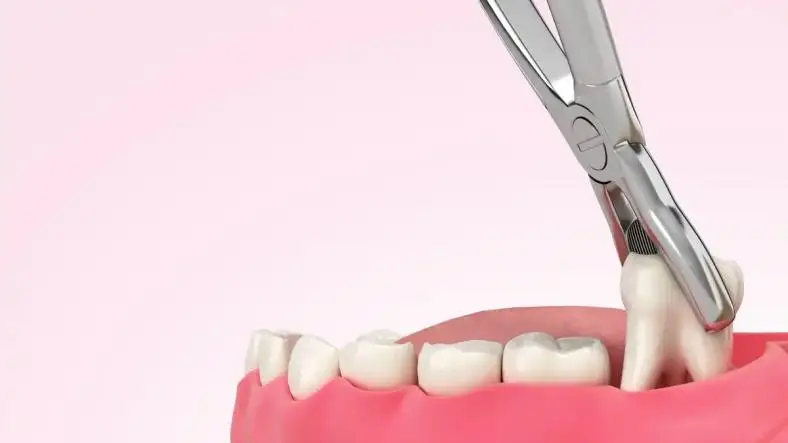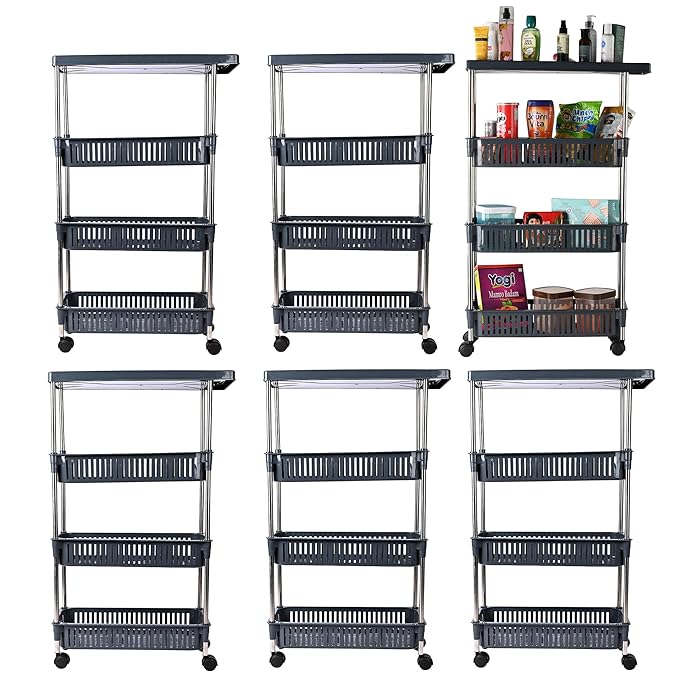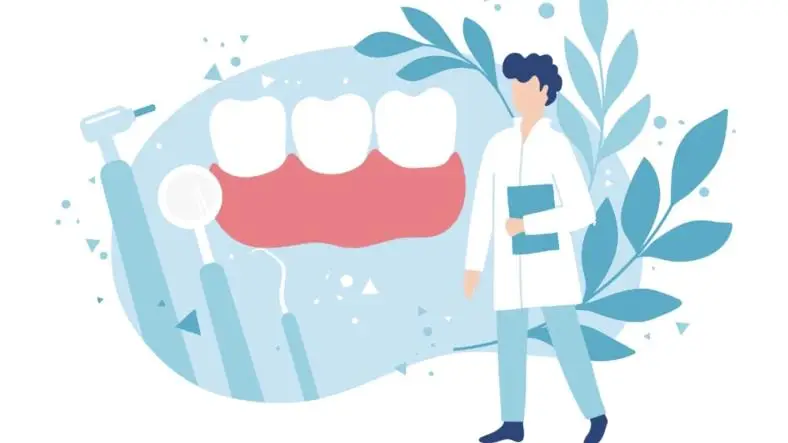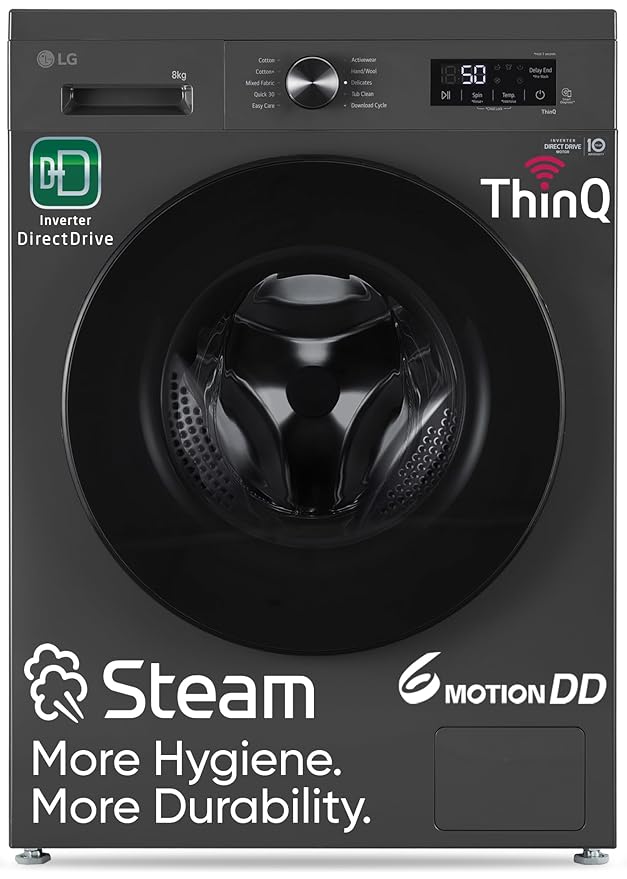When a tooth is removed by the dentist, it’s typically because it is damaged beyond repair, infected, or it may involve the extraction of a wisdom tooth. Post-tooth removal care is crucial to ensure proper healing and to avoid complications.
Here are some important steps to follow after the procedure.
Immediate Care After Tooth Removal
Once the tooth is removed, the dentist places a gauze pad or cotton over the extraction site. The patient is instructed to bite down firmly on the gauze for 30 to 45 minutes, as this pressure helps in stopping the bleeding by promoting the formation of a blood clot at the tooth socket. The blood clot is essential for proper healing and disturbing this clot could lead to excessive bleeding and delayed recovery.
Key Post-Extraction Steps:
Biting on Gauze or Cotton
- After the extraction, the dentist will ask you to bite down on a gauze pad or cotton for about 30 to 45 minutes.
- This helps form a blood clot and stops the bleeding. It's important not to remove the gauze too soon.
Have Cold Foods like Ice Cream
- Once the bleeding stops, you are advised to remove the gauze and have a cup of cold, soft food like ice cream.
- Cold foods help soothe the area and reduce swelling.
- Make sure to also take any prescribed medications as instructed by your dentist.
Choose Cold, Soft Foods
- For the next two days, stick to a diet of cold, soft foods that require minimal chewing.
- Examples include mashed potatoes, yogurt and smoothies.
- Avoid solid, crunchy, or hard foods that could disturb the wound or cause unnecessary chewing.
Google Ad 1
Avoid Hot and Spicy Foods
- Do not consume hot beverages such as coffee, tea, or spicy food for at least 48 hours.
- These can irritate the extraction site and increase the risk of complications like bleeding.
Apply Ice to Reduce Swelling
- To prevent swelling, gently apply an ice pack on the outside of the face near the extraction site.
- Hold the ice pack there for at least 30 minutes, as recommended by your dentist.
No Spitting or Rinsing for 24 Hours
- Avoid spitting, rinsing, or gargling for the first 24 hours after the tooth extraction.
- Doing so can disturb the blood clot and cause dry socket, which is a painful condition that slows down healing.
Swallow Saliva and Blood
- If there is blood mixed with saliva in your mouth, swallow it instead of spitting it out.
- Spitting can increase the risk of bleeding from the extraction site.
Do Not Disturb the Wound
- Avoid touching or disturbing the extraction site with your tongue or fingers.
- This will allow the wound to heal faster and reduce the risk of infection.
Avoid Smoking and Alcohol
- It’s important to refrain from smoking and drinking alcohol for at least 48 hours post-surgery.
- Both can interfere with the healing process and may lead to infections or delayed recovery.
Minimize Talking and Movement
- Avoid excessive talking, laughing, or mouth movements for the first 24-48 hours.
- Minimizing oral activity allows the wound to heal more effectively without unnecessary strain.
Google Ad 2
Additional Precautions:
- Avoid Physical Activity: Try not to engage in heavy physical activity or exercise for the first few days. Excessive physical exertion can raise your blood pressure and cause bleeding at the extraction site.
- Keep Your Head Elevated: When sleeping, prop your head up with pillows to help reduce swelling.
- Maintain Oral Hygiene: After the first 24 hours, gently rinse your mouth with warm salt water to keep the area clean, but do not spit out forcefully. Continue to brush your other teeth, but be careful around the extraction area.
When to Contact the Dentist:
If you experience frequent or excessive bleeding, severe pain, or any other concerning symptoms even after following all the post-care measures and medications, it is crucial to consult your dentist immediately. These symptoms may indicate complications such as infection or dry socket, which will require prompt attention.
Conclusion:
Proper care after tooth extraction is vital for a smooth and quick recovery. By following the recommended steps, you can help reduce pain, prevent infection and ensure that the wound heals efficiently. Remember to stick to your dentist’s instructions and consult them if you have any doubts or complications.
Thanks for reading the dentofacts article, for more such articles read our PeoplesBLOG.














![OnePlus Buds Pro 3 Bluetooth TWS in-Ear Buds - Dual Drivers, Dual DACs, Dynaudio EQs, Up to 50dB Adaptive Noise Cancellation, Up to 43Hrs Battery [Lunar Radiance] OnePlus Buds Pro 3 Bluetooth TWS in-Ear Buds - Dual Drivers, Dual DACs, Dynaudio EQs, Up to 50dB Adaptive Noise Cancellation, Up to 43Hrs Battery [Lunar Radiance]](https://m.media-amazon.com/images/I/61dVOVxHn3L._SX679_.jpg)
